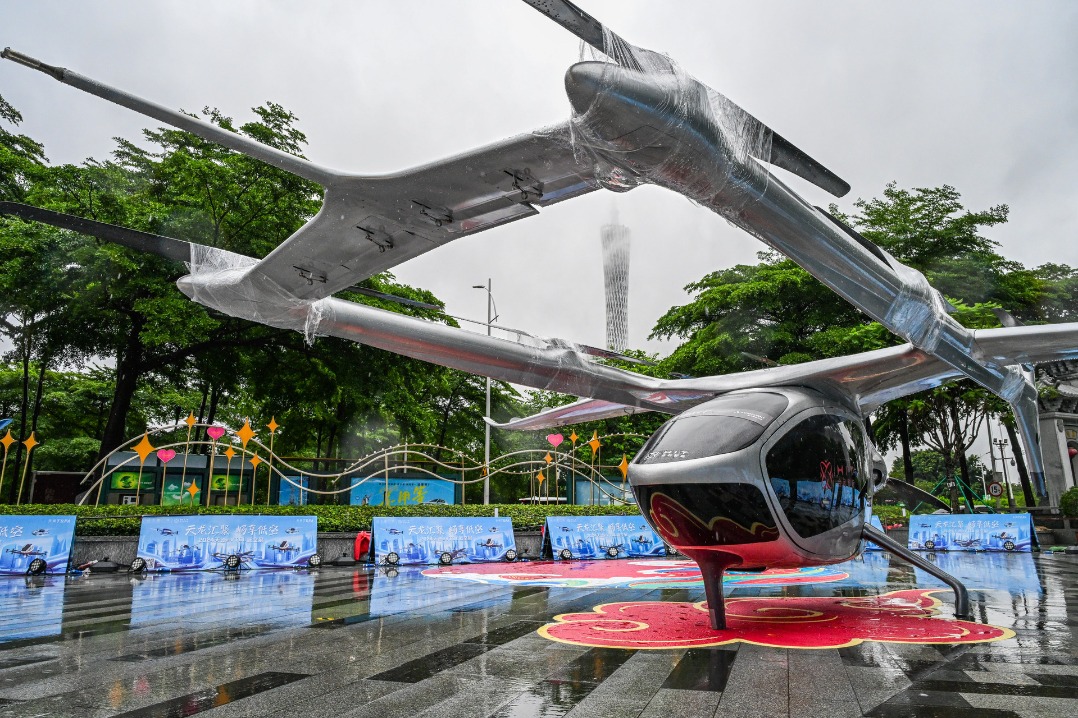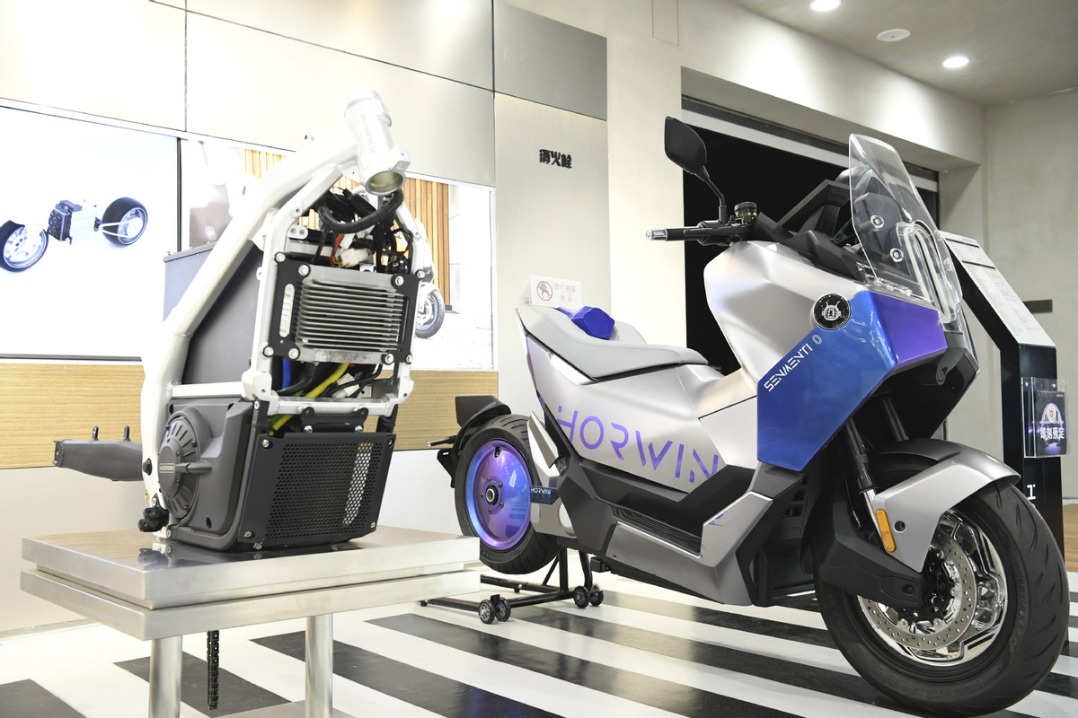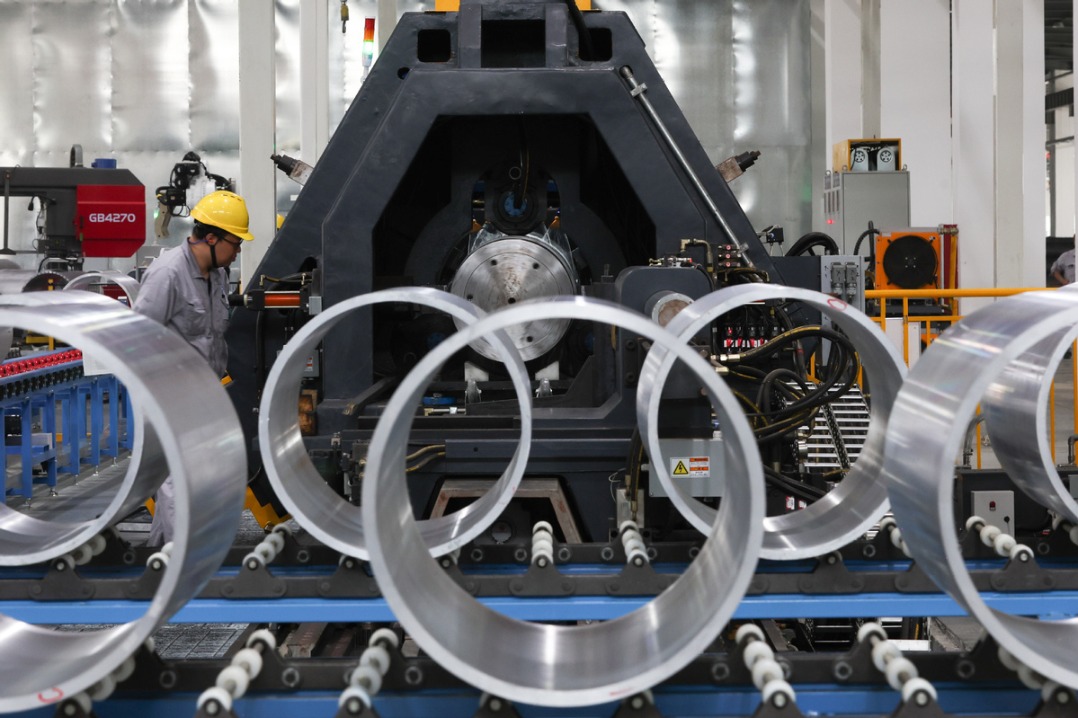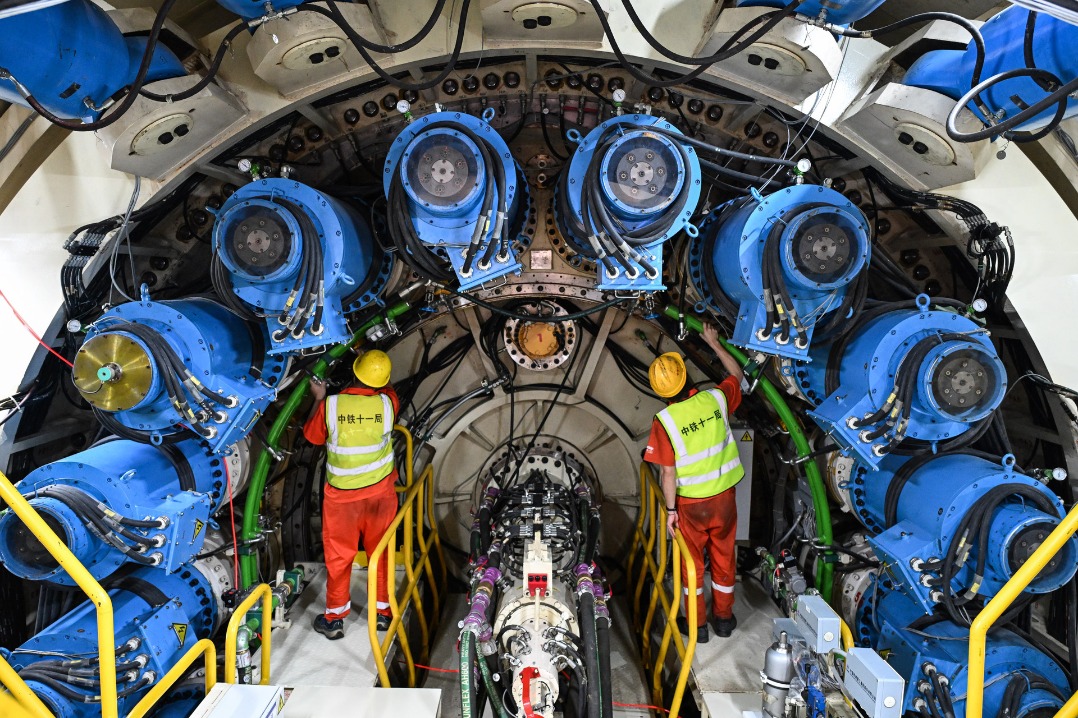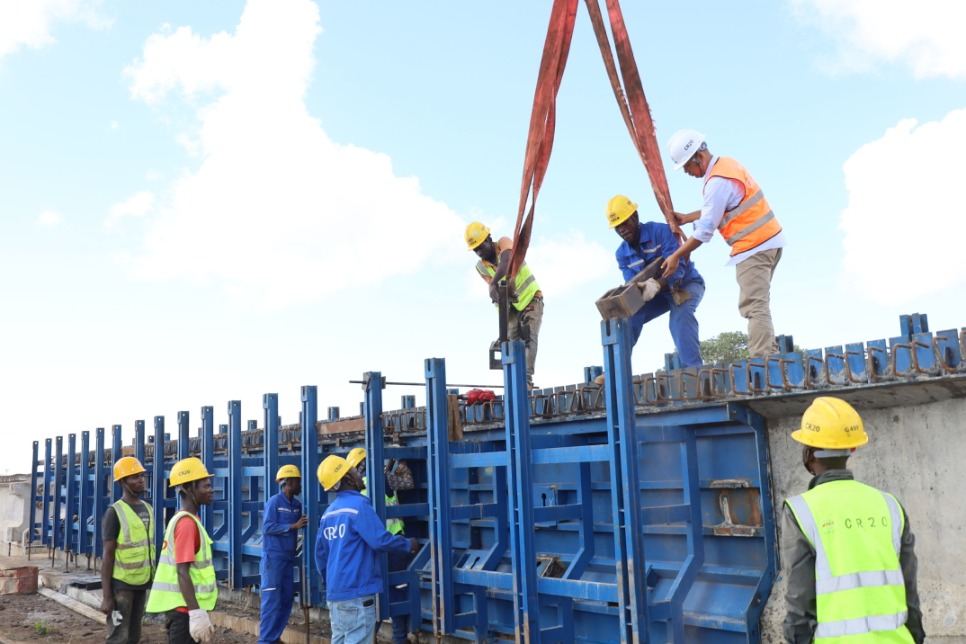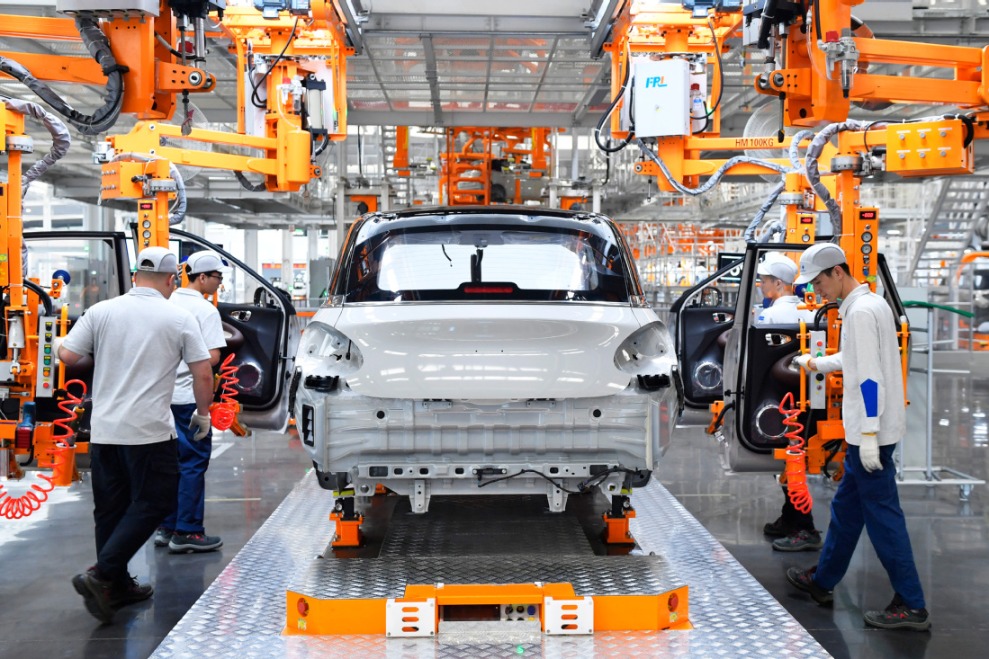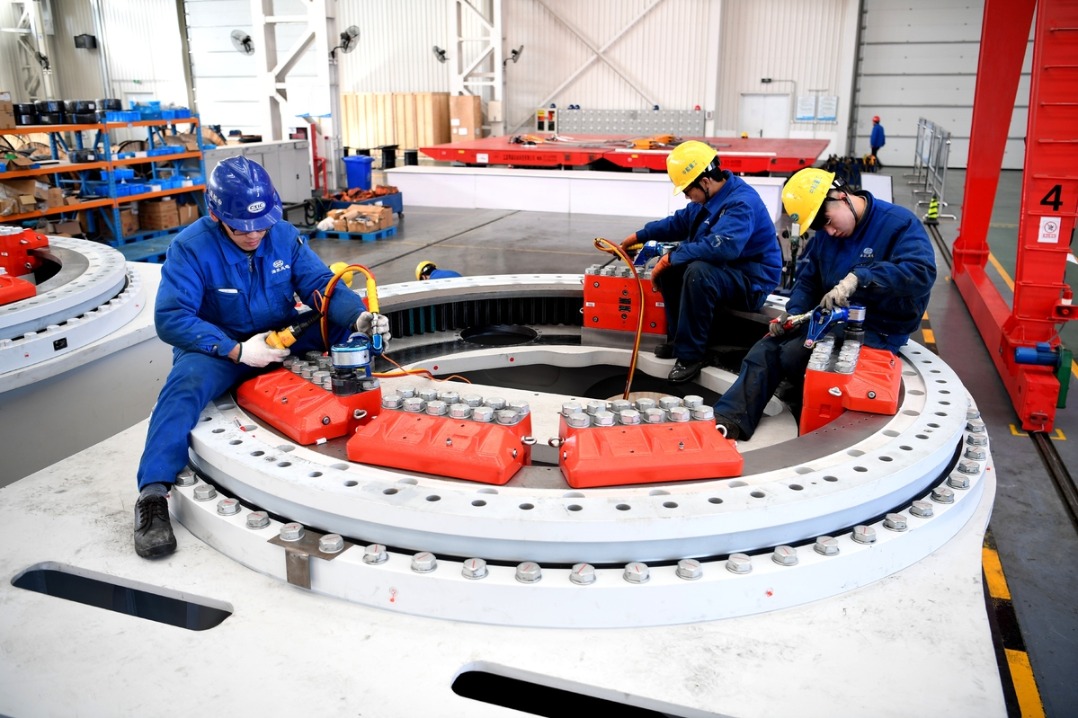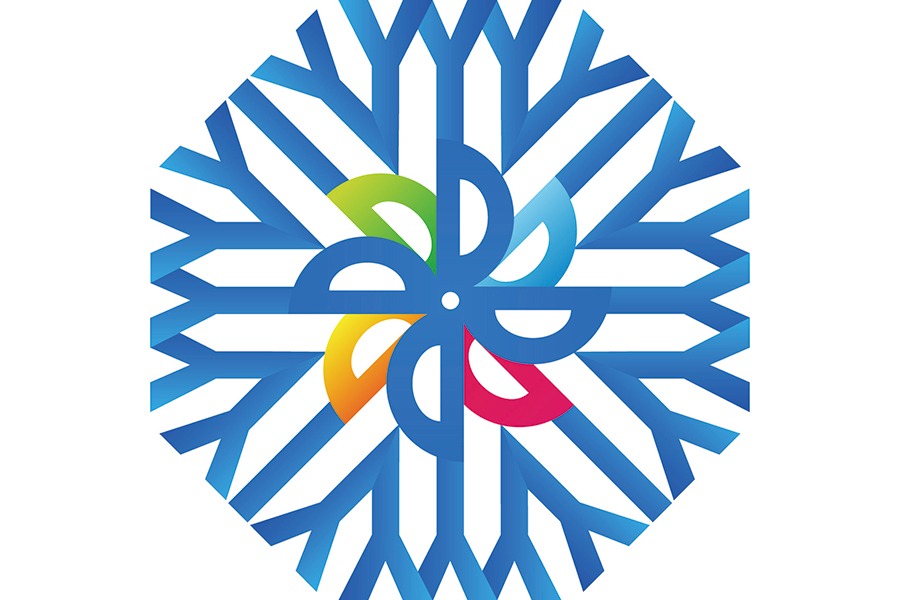Japanese carmakers found to cheat in safety tests

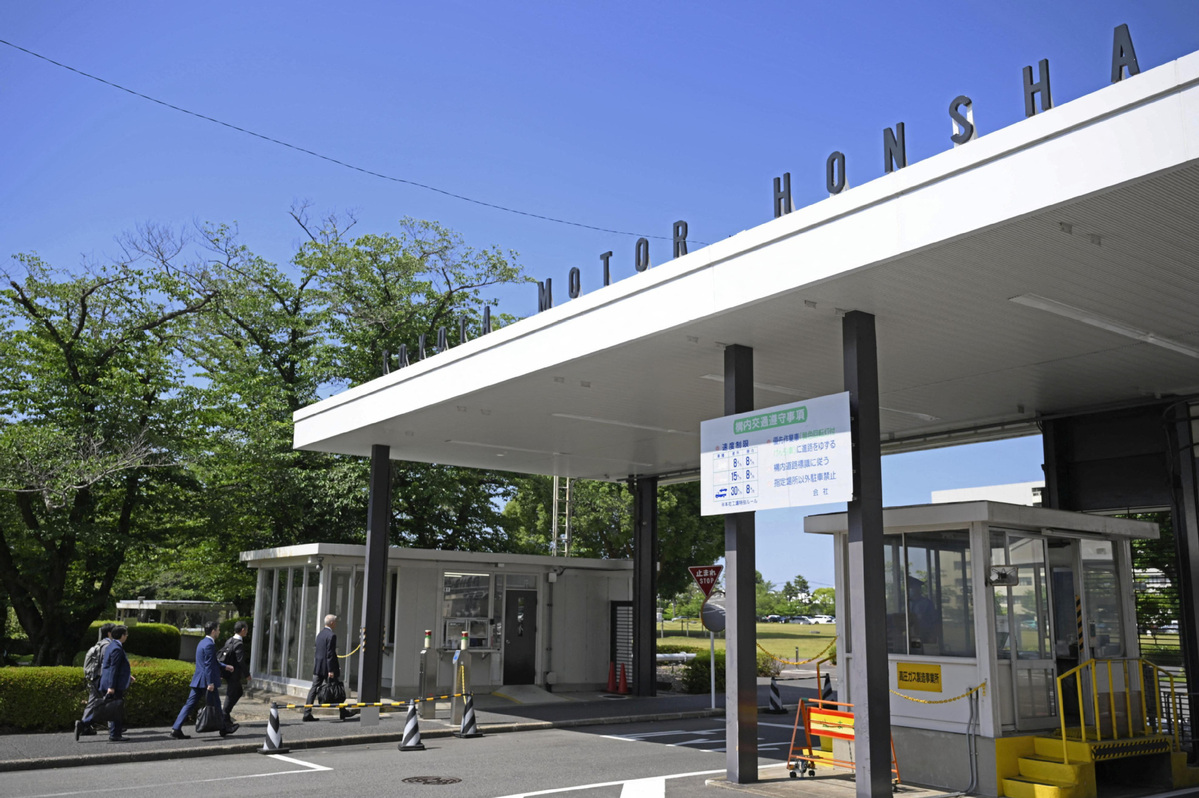
A vehicle safety test scandal in Japan widened on Monday, as five local carmakers were found to have submitted incorrect or manipulated data when they applied for certification of some of their vehicles.
They were Toyota, Mazda, Honda, Suzuki and Yamaha, according to Japan's transport ministry.
Yoshimasa Hayashi, Japan's top government spokesperson, called the misconduct "regrettable".
The latest revelations came after the ministry requested automakers in late January to investigate certification applications following a safety test scandal at Toyota's Daihatsu compact car unit that emerged last year.
Toyota said its wrongdoing occurred during six different tests conducted in 2014, 2015, and 2020.
Affected vehicles were three production models - the Corolla Fielder, Corolla Axio and Yaris Cross - and discontinued versions of four popular models, including one sold under the Lexus luxury brand.
"As the person in charge of the Toyota Group, I would like to sincerely apologize to our customers, to car fans, and all stakeholders for this," Akiod Toyoda, the grandson of the automaker's founder and its former chief executive, told a press conference.
Mazda suspended shipments of its Roadster RF sports car and the Mazda2 hatchback from Thursday last week after finding workers had modified engine control software test results, it said in a statement.
It also found crash tests of the Atenza and Axela models, which are no longer in production, had been tampered with by using a timer to set off airbags during some frontal collision tests, instead of relying on an on-board sensor to detect a hit.
Yamaha said it had halted shipments of a sports motorcycle. Honda said it had found wrongdoing in noise and output tests over a period of more than eight years to October 2017 on some two dozen models that are no longer being produced.
















